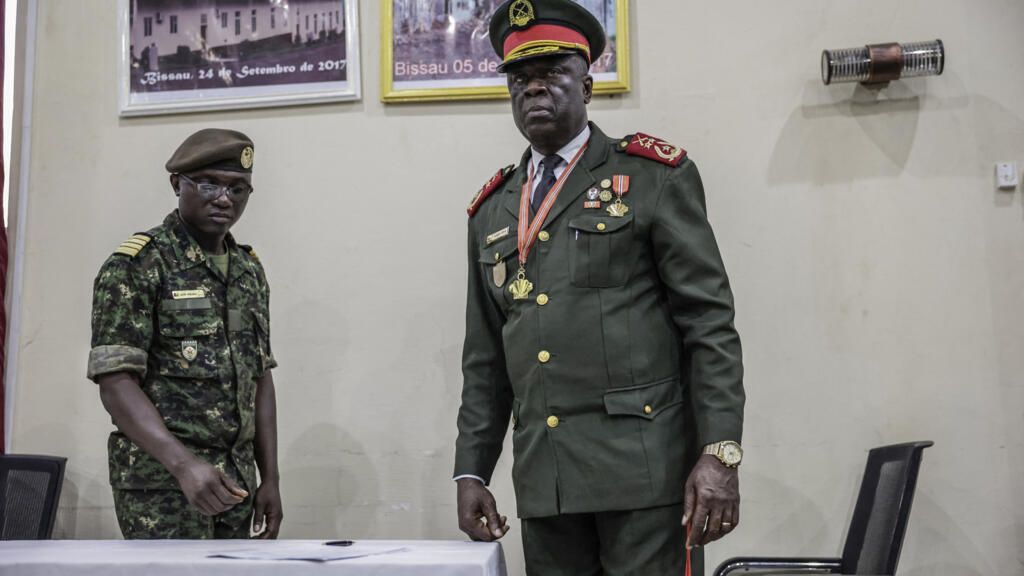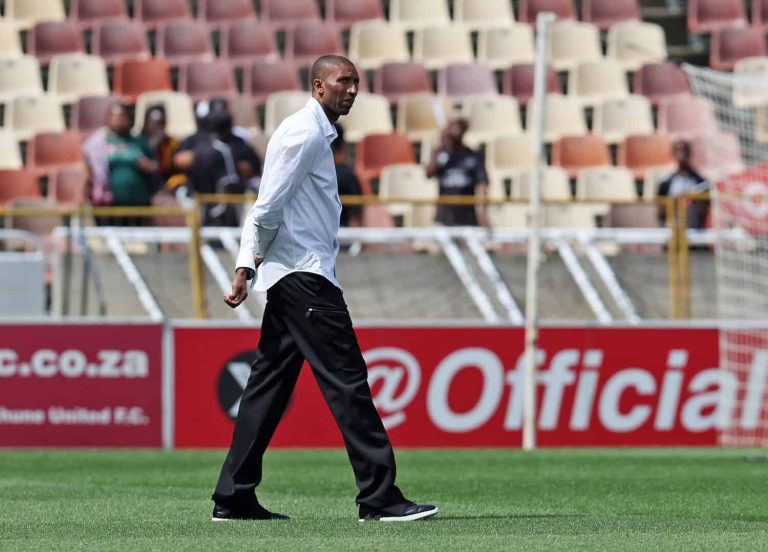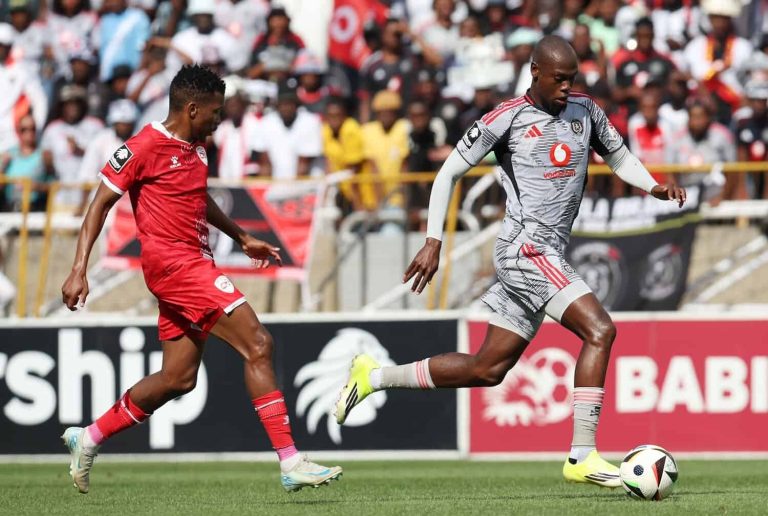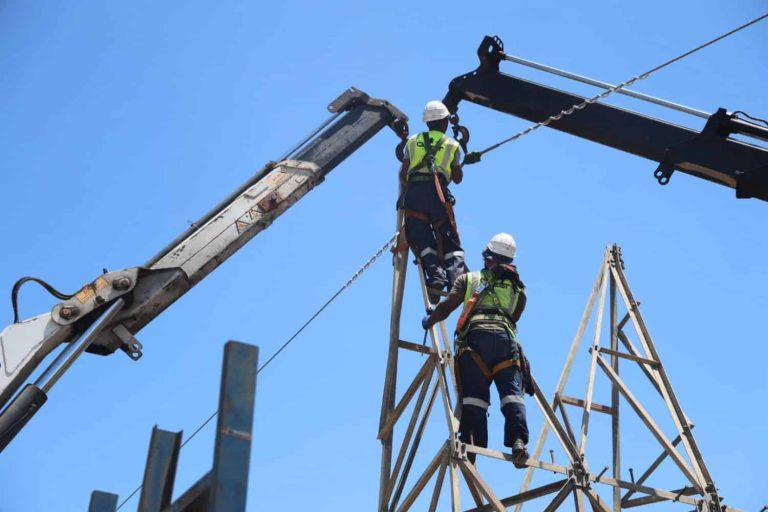
The military in Guinea-Bissau has appointed General Horta N’Tam, the army’s chief of staff, as the country’s new leader for a one-year transitional period, a day after soldiers seized power, detained President Umaro Sissoco Embalo, and halted the release of election results.
On Thursday morning, armed troops tightened security around the presidential palace in Bissau, where intense gunfire echoed the previous day as the coup unfolded. Only a small number of residents were seen venturing along the main road leading to the building.
General N’Tam took the oath of office during a ceremony at the military headquarters, declaring: “I have just been sworn in to lead the High Command.” Dozens of heavily armed soldiers surrounded the venue as he briefed journalists, insisting the military’s intervention was necessary “to block operations that aimed to threaten our democracy.”
Military Claims ‘Total Control,’ Cites Security Threat
The coup leaders, who announced Wednesday that they had assumed “total control” of the nation, suspended the electoral process and imposed strict emergency measures. Guinea-Bissau was awaiting the results of last Sunday’s elections, in which President Embalo was widely expected to secure victory.
General Denis N’Canha, head of the presidential military office, said the takeover followed the discovery of a plot by “drug lords” involving the smuggling of weapons to destabilise the constitutional order.
In a sweeping move, the military suspended all media programming, shut land, air, and sea borders, and imposed a mandatory curfew. Borders were reopened on Thursday, according to General Lassana Mansali.
Embalo, along with the chief of staff and the interior minister, was arrested and is being held at military headquarters, where he is reportedly “well-treated.” Opposition figure Domingos Simões Pereira, who had been barred by the Supreme Court from contesting the presidential election, was also arrested.
A Coup-Prone Nation Faces Another Crisis
General N’Tam is perceived as an ally of Embalo, adding further complexity to the power shift. He emphasized that the military possessed enough evidence to justify the takeover, saying urgent measures were required and calling for public cooperation.
Guinea-Bissau, sandwiched between Guinea and Senegal, has experienced four coups and multiple attempted coups since gaining independence from Portugal in 1974. Its chronic instability has enabled criminal networks to use the country as a major hub for trafficking cocaine from Latin America to Europe.
Just in October, the army reported foiling another attempt to subvert constitutional order.
International Community Condemns Coup
The Economic Community of West African States (ECOWAS) issued a strong condemnation, reaffirming its “zero tolerance for unconstitutional changes of government.”
UN Secretary-General Antonio Guterres said he was following the situation with “deep concern,” while Portugal urged restraint and the avoidance of “institutional or civic violence.”
Media rights group Reporters Without Borders (RSF) condemned the military’s suspension of broadcasting, calling it a grave breach of the public’s right to information. “The population must be able to know what is happening, especially in a moment of crisis,” RSF’s Sadibou Marong said.
The coup is the latest in a wave of military takeovers across West Africa, following recent coups in Mali, Burkina Faso, Niger, and Guinea, raising new alarms about democratic backsliding in the region.



